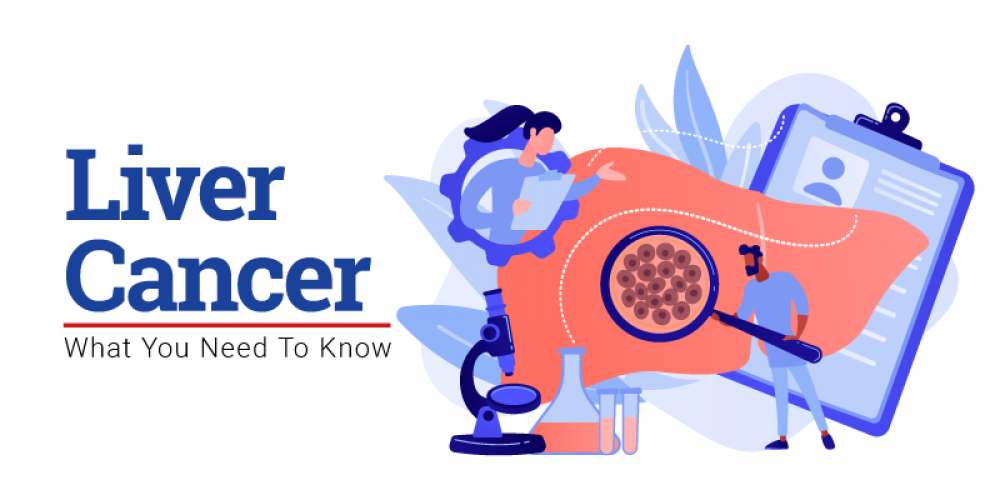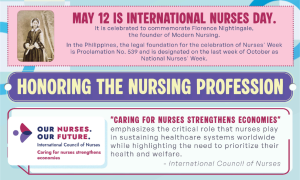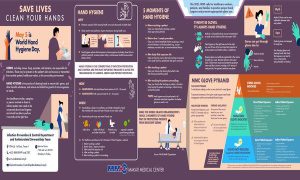Liver cancer is the fifth most common cancer in men and ninth in women, making it one of the most common cancers globally. Over 800,000 people are diagnosed with the disease each year, accounting for more than 700,000 deaths annually.
Several types of cancer can form in the liver, with hepatocellular carcinoma being the most common. This type begins in the main liver cell, the hepatocyte. Other types of liver cancer are much less common—intrahepatic, cholangiocarcinoma, and hepatoblastoma.
As you learn more about liver cancer, you also get to discover the many ways to prevent it and increase the chances of successful treatment and management. Keep reading to learn more about liver cancer, its symptoms, causes, treatments, and preventive measures.
What are the Symptoms of Liver Cancer?
In the early stages of primary liver cancer, most people won’t manifest symptoms. Usual cases exhibit symptoms when the disease is already at an advanced stage. This makes early detection important in receiving immediate and proper treatment.
Symptoms include unintentional weight loss, loss of appetite, upper abdominal pain, nausea and vomiting unrelated to any known condition, ongoing or prolonged general weakness and fatigue, abdominal swelling (or ascites) with the formation of a mass, and jaundice (yellowing of the skin and eyes).
Other signs of liver cancer are enlarged liver and/or spleen, a bloated feeling after a small meal, swollen veins on the abdominal area, bruising, bleeding, and white, chalky stool caused by the lack of bile produced by the liver. There may also be a noticeably high level of calcium and cholesterol, as well as low blood sugar levels.
What Causes Liver Cancer?
Liver cancer occurs when the cells in the liver begin to develop changes in their DNA. These mutations can cause the cells to grow out of control and form a tumor. Unhealthy lifestyles and certain conditions can increase the risk of developing liver cancer, such as:
- Genetics
If your immediate family has or had liver cancer, you may also have or develop it. A study found that a first-degree family history of liver cancer increases an individual’s risk four times more than those without such family history. Additionally, inherited diseases that disrupt the body’s regular metabolism such as hemochromatosis may also cause liver cancer.
- Alcohol abuse
Consumption of over six (6) alcoholic drinks a day over a period of ten (10) years can put you at more than fivefold risk of this cancer. In the United States, heavy alcohol consumption accounts for one-third of all cases of hepatocellular carcinoma.
- Hepatitis B and C
Long-term viral infections of HBV or HCV increase the risk of developing liver cancer. This is due to the inflammation and infections in the liver, leading to scarring. The likelihood of chronic infection for HBV is around 90% for those who had it as infants and 2 to 6% for adults. For HCV, chronic infection develops in 70 to 85% of people with the virus.
- Hemochromatosis
Hemochromatosis happens when the body absorbs and stores excessive amounts of iron, which end up in the liver. This also makes it a likely cause of liver cancer and other health problems.
- Cirrhosis
Cirrhosis, or the irreversible scarring of the liver, remains as the leading cause of liver cancer. Approximately 90 to 95% of people afflicted with hepatocellular carcinoma have underlying cirrhosis.
Other factors that can lead to liver cancer include low immunity, obesity, smoking, Type 2 Diabetes (especially in conjunction with Hepatitis or prolonged excessive alcohol consumption), and long term exposure to aflatoxins (a type of mold that grows on crops like wheat, groundnuts, corn, nuts, soybeans, and peanuts).
How is Liver Cancer Treated?
Various treatments for liver cancer are available, depending on the stage of the disease and its attributes. These options are available at hospitals and liver care centers and need to be done with the recommendation of specialists.
- Surgery
If the tumor is small and only occupies a limited section of the liver, a partial hepatectomy can be done—removal of the afflicted area to stop cancer growth. This procedure is not a viable option if cancer has spread to other parts of the liver or other organs.
- Localized treatment
This treatment is administered directly to the cancer cells or their surrounding areas. The scope of treatment includes radiofrequency ablation, cryoablation, alcohol injection, chemoembolization, and delivery of radiation through beads. The objective is to destroy the cancer cells.
- Targeted drug therapy
This treatment focuses on specific abnormalities that are present within cancer cells. Through the use of specific targeted drugs, these abnormalities can be blocked, causing the cancer cells to die. Some targeted drugs may only work for cells with specific genetic mutations. Further testing is needed to check if targeted drugs can be effective.
- Chemotherapy
In this method, specific drugs are injected into the bloodstream or the main blood vessel in the liver. This can be administered through a vein in the arm, in pill form, or both. Chemotherapy is sometimes used to treat advanced stages of liver cancer.
- Radiation therapy
High-powered energy from X-rays, protons, and the like are carefully directed to the liver to destroy cancer cells and shrink tumors while avoiding the surrounding healthy tissue. This can be an option if other treatments are impossible or ineffective.
- Supportive (palliative) care
This specialized medical care focuses on providing pain relief and alleviating other symptoms of the disease. Palliative care can be done in conjunction with more aggressive treatments like surgery, chemotherapy, or radiation therapy.
- Liver transplant
This procedure is limited to those with one tumor smaller than 5 centimeters or several tumors smaller than 3 centimeters. A successful operation reduces the risk of cancer returning and restores the liver’s normal function. However, there is a risk for the immune system to reject the new organ and attack it as a foreign body.
How is Liver Cancer Prevented?
- Limit alcohol consumption
Regular and long-term use of alcohol in large volumes can increase the risk of cirrhosis and liver cancer. Cut back on drinking or abstain from it to significantly reduce your risk of the disease.
- Hepatitis B vaccination
Getting inoculated against HBV can prevent infection and the development of liver cancer altogether. Doctors, dentists, nurses, and other medical professionals, as well as those who frequently travel to other countries, are at greater risk of HBV and, therefore, should consider getting vaccinated.
- Limit tobacco use
Smoking, alongside the infection of Hepatitis B or C, can increase your chances of developing liver cancer. Consider lessening your tobacco use or quitting.
- Maintain a healthy body weight
Keeping a well-balanced diet and engaging in physical activity can aid in maintaining healthy body weight, making you less likely to develop fatty liver disease and cirrhosis.
- Treat underlying conditions
Diabetes, hemochromatosis, fatty liver disease, and the like can easily lead to liver cancer. Seek treatment for these related illnesses to avoid liver cancer and other complications.
Knowing is Half the Battle
Being aware of the ways you can change your lifestyle and how to properly care for your liver can reduce your risk of developing the disease.
More importantly, the chances of successfully treating liver cancer can increase if you know the signs to watch out for. Regular screening is vital for early detection, making treatment more effective and less risky.
Makati Medical Center offers a variety of top-notch medical services at its gastroenterology and endoscopy center that include liver care and more.












